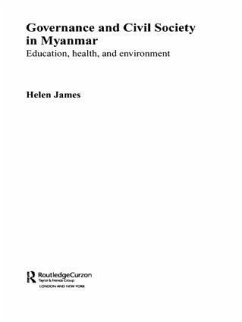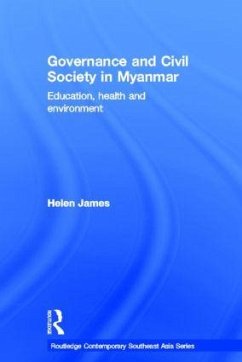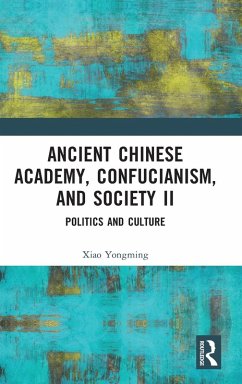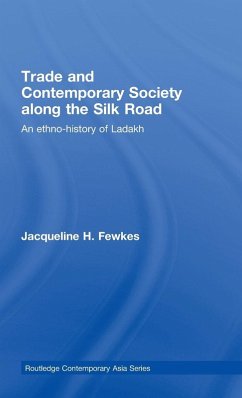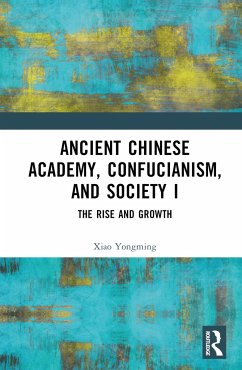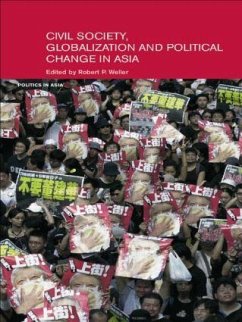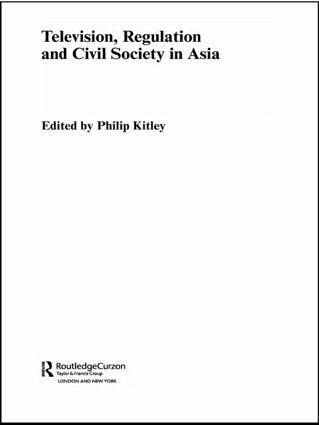
Television, Regulation and Civil Society in Asia
Versandkostenfrei!
Versandfertig in 1-2 Wochen
168,99 €
inkl. MwSt.
Weitere Ausgaben:

PAYBACK Punkte
84 °P sammeln!
This book exposes the tensions between state policies of broadcasting regulation and practices of civil society in the Asian region which is struggling with its incorporation into a new globalised, electronic information and entertainment world. The book critically compares western principles of broadcasting, civil society and cultural regulation with alternative "Asian" practices of regulation and organization. Over the past forty years Asian states have used television as a normative cultural force in nation building, but more recently many states have deregulated their television sectors an...
This book exposes the tensions between state policies of broadcasting regulation and practices of civil society in the Asian region which is struggling with its incorporation into a new globalised, electronic information and entertainment world. The book critically compares western principles of broadcasting, civil society and cultural regulation with alternative "Asian" practices of regulation and organization. Over the past forty years Asian states have used television as a normative cultural force in nation building, but more recently many states have deregulated their television sectors and introduced national commercial and international satellite services. As Asian states wrestle with a perceived loss of cultural control and identity through deregulation, this book considers their viewpoints and the question of whether the television public sphere offers space for the representation of popular sovereignty, and transversal concerns about human rights, press freedom, gender, environmental and world trade issues.





